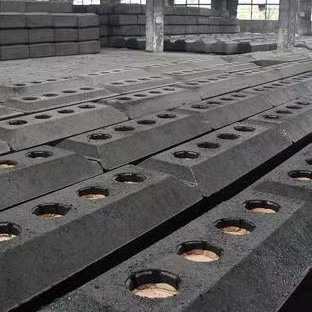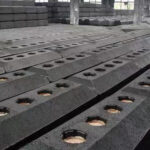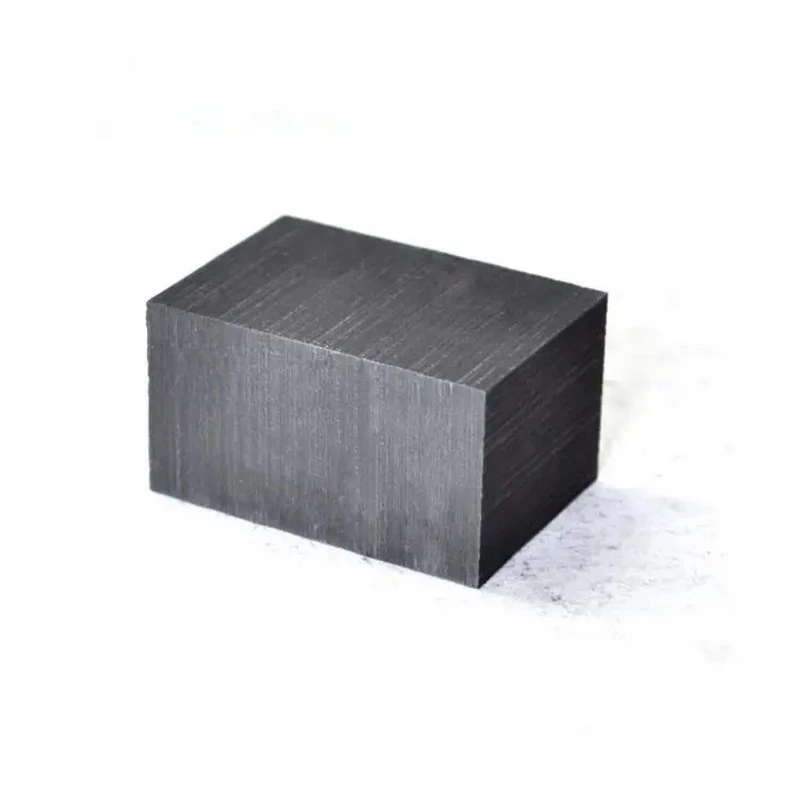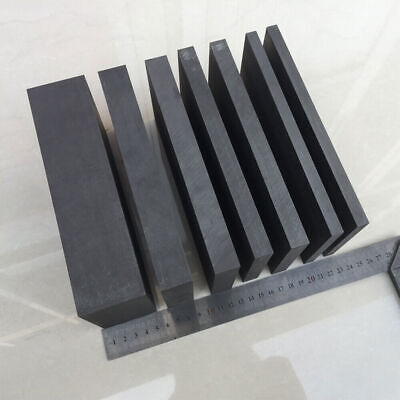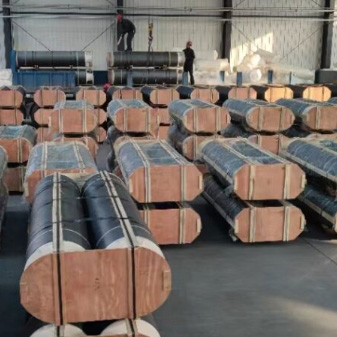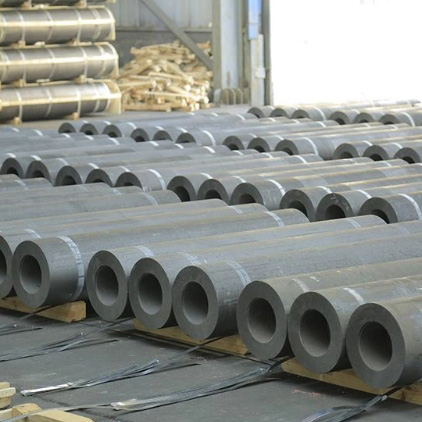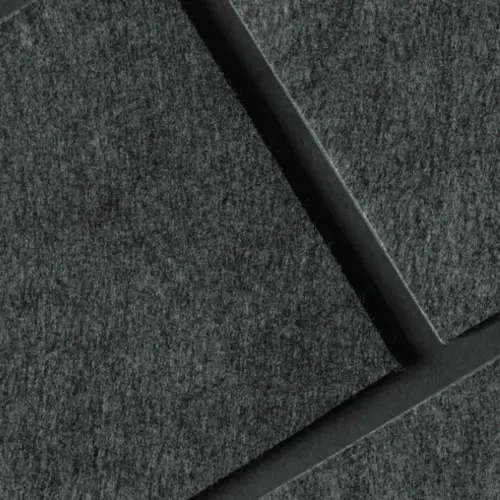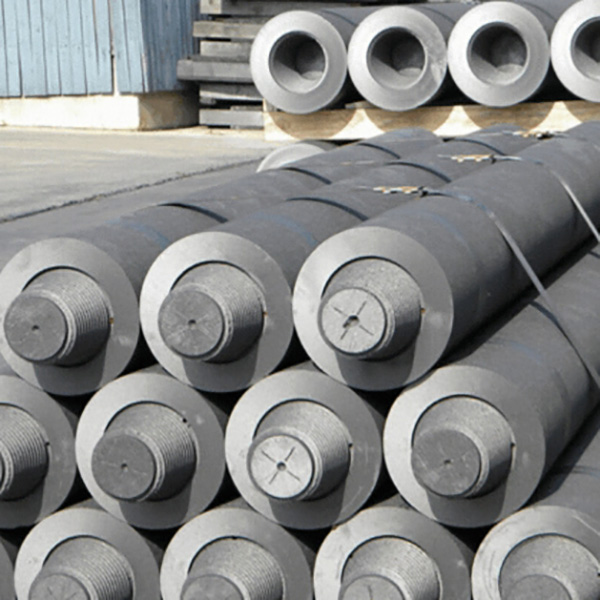carbon anode block suppliers
Carbon anode blocks are crucial components in aluminum electrolysis, particularly in the Hall–Héroult process, where they serve as the conductive anodes in electrolytic reduction cells. These blocks are made from calcined petroleum coke and coal tar pitch, shaped and baked at high temperatures to ensure strength, conductivity, and durability under aggressive electrochemical conditions.
Finding reliable carbon anode block suppliers is essential for aluminum smelters, foundries, and metallurgical operations seeking stable quality, consistent performance, and on-time delivery.
Key Qualities to Look for in a Supplier:
-
Raw Material Control:
-
Use of premium-grade petroleum coke
-
Low sulfur and ash content
-
-
Production Capacity:
-
Ability to produce large volumes (up to tens of thousands of tons annually)
-
Availability of custom sizes and shapes
-
-
Quality Certifications:
-
ISO 9001, ISO 14001, or equivalent
-
In-house laboratories for physical and chemical testing
-
-
Global Shipping & Logistics:
-
Export-ready packaging and documentation
-
Experience with customs, port handling, and overseas delivery
-
-
Technical Support:
-
Assistance with product specifications, performance optimization, and installation
-
Top Applications of Carbon Anode Blocks:
-
Primary aluminum smelting (electrolytic cells)
-
Non-ferrous metal production
-
Cathodic protection systems
-
High-temperature electrochemical reactors
Typical Specifications:
| Parameter | Typical Range |
|---|---|
| Bulk Density | 1.53 – 1.65 g/cm³ |
| Electrical Resistivity | 45 – 65 µΩ·m |
| Compressive Strength | ≥ 45 MPa |
| Carbon Purity | ≥ 97% |
| Ash Content | ≤ 0.5% |
| Size Options | 500 × 500 × 1800 mm or custom sizes |

